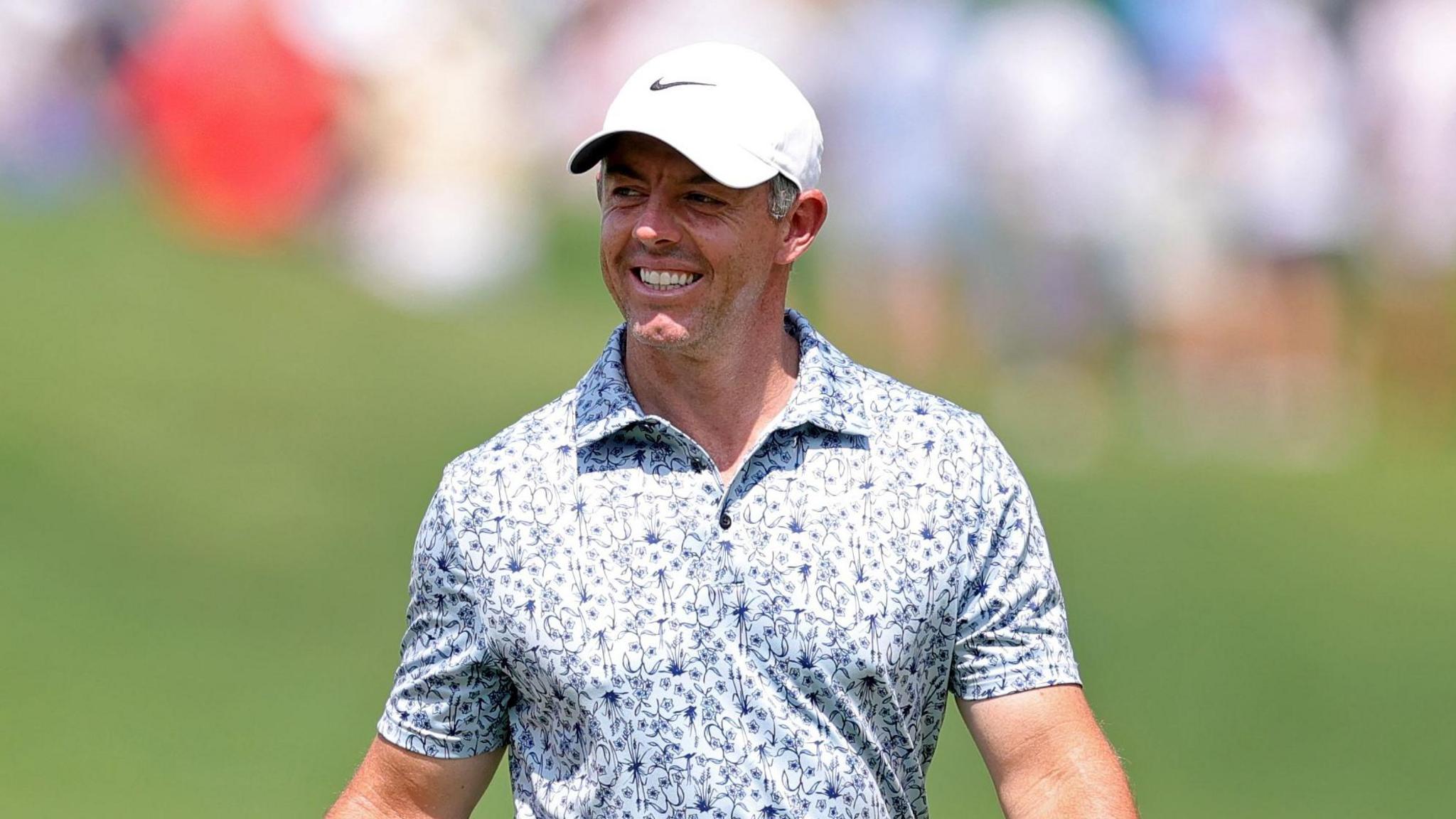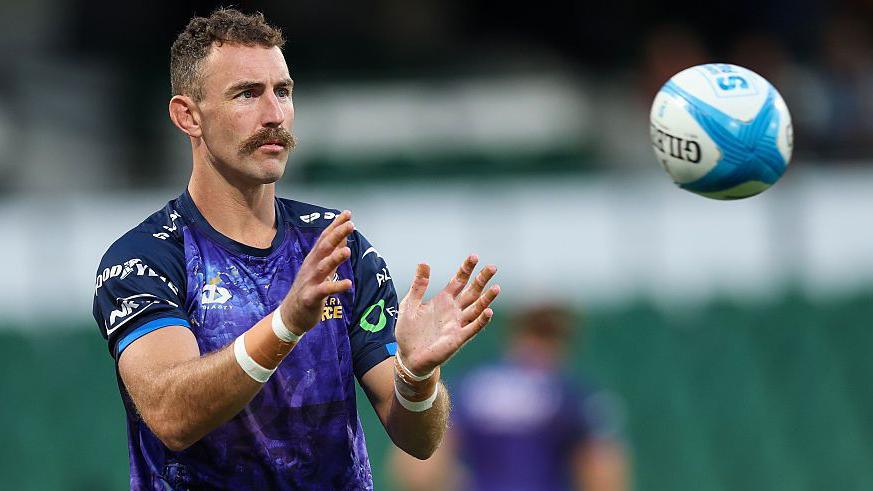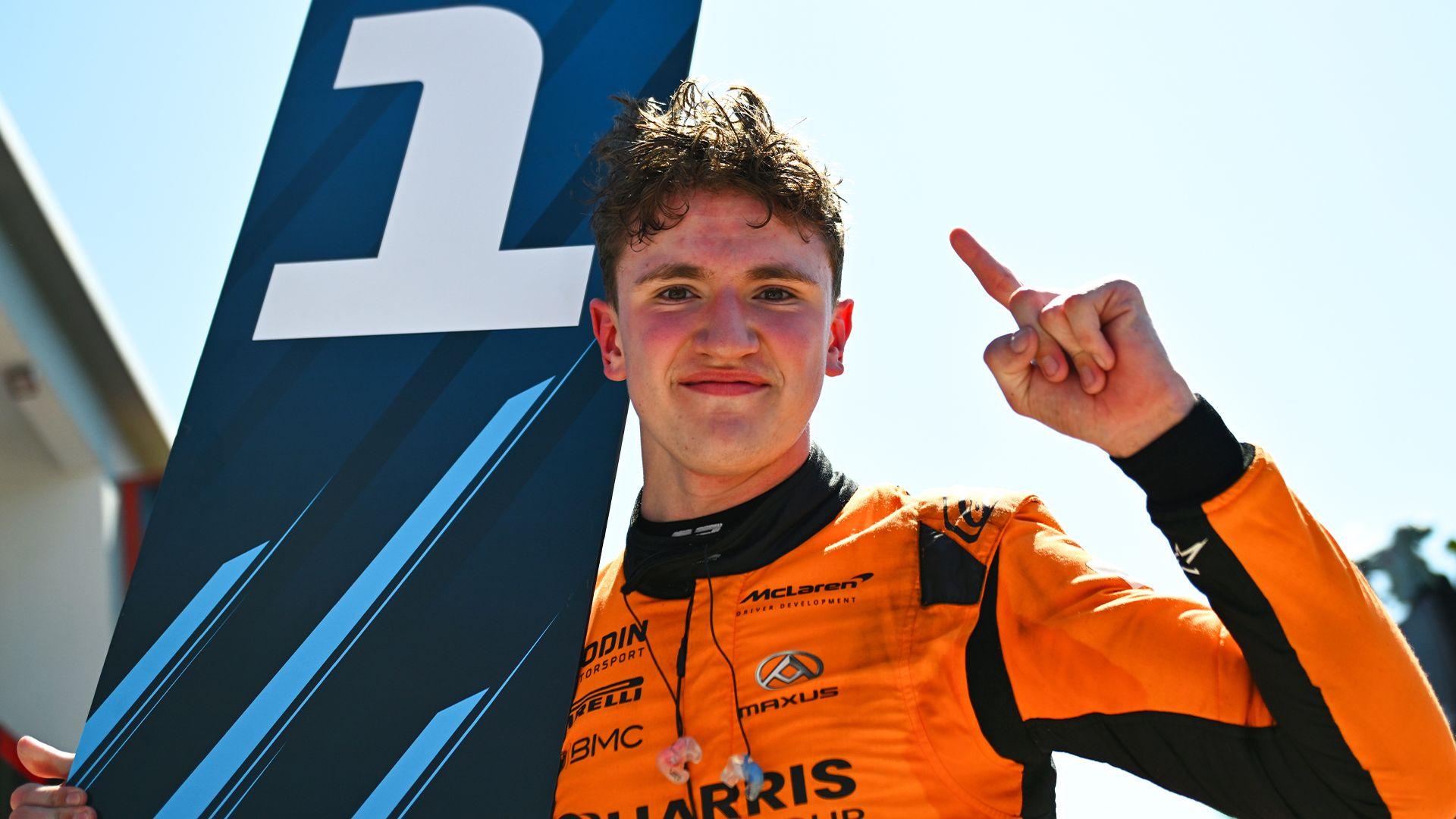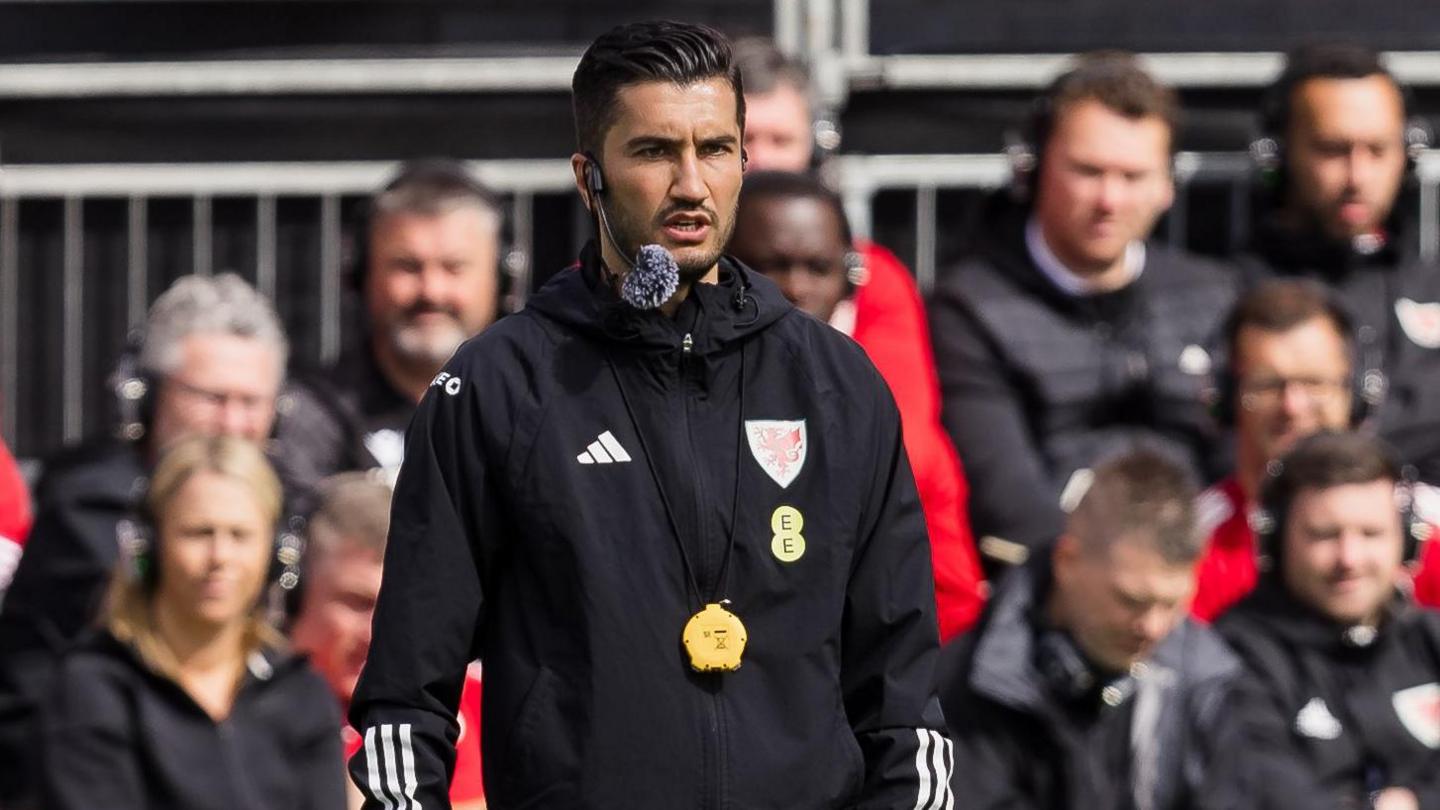Bellamy and Martin represent the progressive trends of modern football in their own unique ways: possession-based play and back-building strategies.
Most young coaches want to follow that path, as you can see when watching this year’s crop of FAW Pro Licence candidates working on and off the field.
On this course, the old-fashioned spirit still exists.
On the final day, former Stoke manager Tony Pulis is invited to host a masterclass on set-pieces. Tuesday is wet and windy. This is meant to be.
He presents his career to the Pro Licence group before his practical session on the pitch in a rain-lashed Dragon Park, which is pure gold.
Pulis is in his element as he reels off stories about his humble beginnings as a player and coach, before getting on to his various managerial tenures, complementing each piece of advice with at least a couple of entertaining anecdotes that could earn him a second career on the after dinner speaking circuit.
As he tries to understand Pulis’ broad Newport accent and industrial language, the 67-year-old Welshman frequently requests a little translation assistance from those next to him. The room is howling with laughter.
Among the jokes are a number of useful lessons, as Pulis answers questions on various topics, from the help he got from his peers (Sir Alex Ferguson and Carlo Ancelotti get a mention) to balancing family life with the exhaustive travelling that comes with management.
Then he ventures onto the field to participate in the practical session while a group of young players are soaked in the rain as Pulis orders them to prepare for a Rory Delap long-throw.
“It’s always nice to come back to Wales and Newport. This is my town, Pulis says, and it’s special.
“I loved playing football for my local club, or just on the streets. It’s always nice to come and play football, helping newcomers in their careers.
” Set-plays have always been an important part of football and I think they’ve been undervalued. It has been revived by Mikel [Arteta] doing it with Arsenal, a sizable club both domestically and internationally.
“I’ve had such a tremendous career and the world’s changed, the game’s changed. We had to take the goals off the main pitch for our first training session at Gillingham, travel there with people and their dogs, and practice there while they were passing. Then you look at this and the facilities we’ve got today… it’s the greatest sport in the world and it’s our sport”.
At the back of the room is Dave Adams, the instructor who oversees the course, with whom you can listen as intently as the young coaches and laugh just as hard at the jokes.
As the FAW’s chief football officer, Adams is responsible for the men’s and women’s game at all levels in Wales.
He served as the head coach of the senior national team last year, and he also serves as the head coach of the Pro Licence program.
“I’m standing on the work of other people in some respects. According to Adams, the former FAW technical director, Olympia Roberts did a fantastic job of developing a top-notch program.
“What I tried to do with it when I started in 2019 was to go into the market and speak to head coaches because, fundamentally, you want a course that reflects the needs of head coaches, which are really complex and multi-faceted. It is primarily based on actual experience learning. We don’t want things to be abstract because coaching is a vocational skill.
Every two years, we receive about 400 applications for [Pro Licence] positions. It’s highly competitive. We must support Welsh coaches like Chris Gunter and those who work for our national association. But equally, we recognise that by having people like Nuri Sahin and Mikel Arteta, Chris Wilder, Roberto Martinez, Steve Cooper before that – the names are extensive – they bring a different lens and, as much as we help them, they actually help us as well.
They have engaged in the best training and experience. There’s a recognition on our side that when we bring people like that, it’s also about taking from them, and that helps us grows an association. We gain new knowledge that we can use to improve our programs or our national teams, and that also aids in our development.
At the heart of the FAW’s work is the concept of the Welsh Way, an ethos underpinning everything from the elite level to grassroots – a vision for football in Wales, how to develop the game and foster its sense of national pride.
Together Stronger is our company motto. In any department, being small, being agile, being dynamic and everyone feeling a part of something is really important”, Adams adds.
That sense of togetherness is “really important” in any high-performance coaching environment. Whether you’re the head coach or the masseur or the chef, you’ve all got a vital part to play and got to buy into the vision of the head coach.











